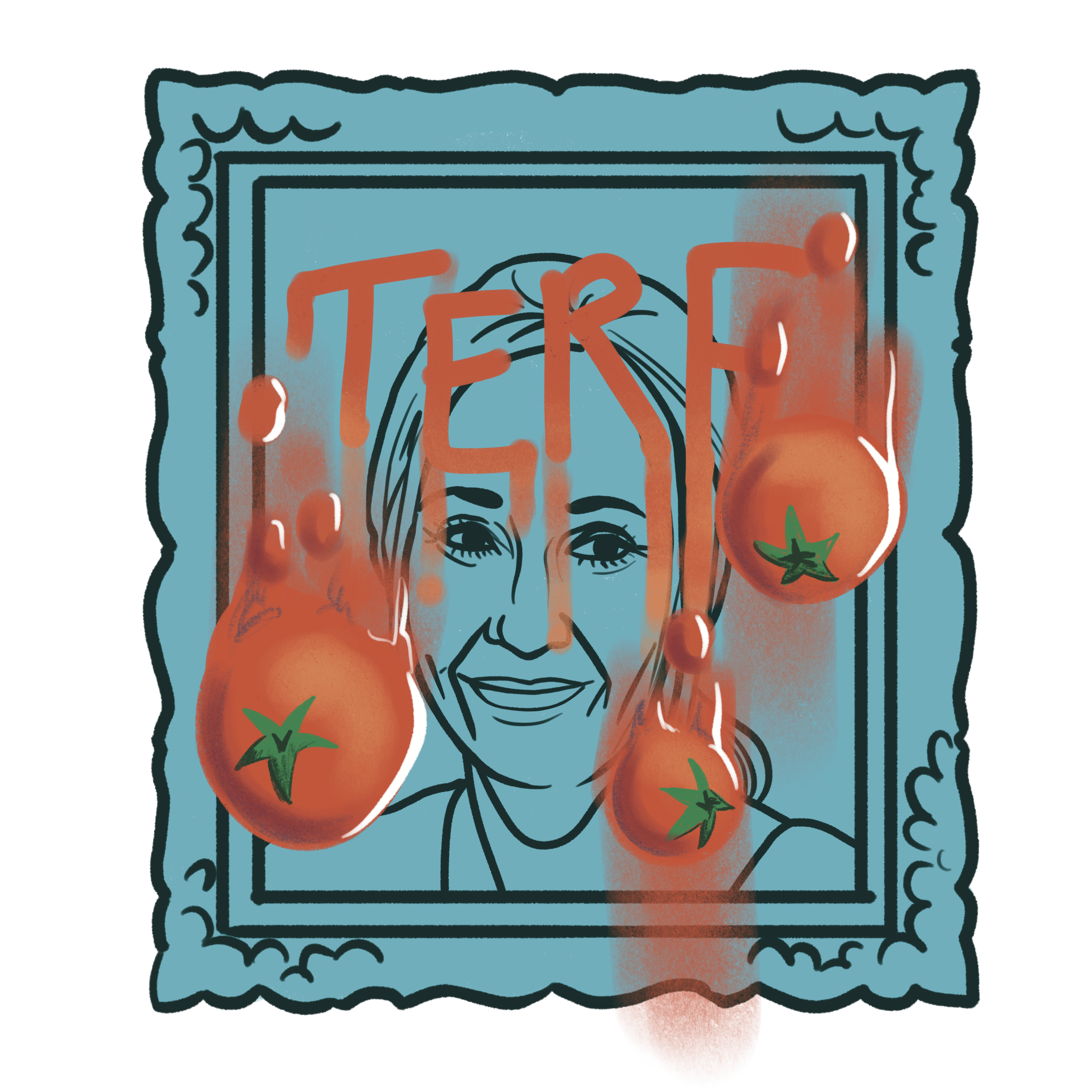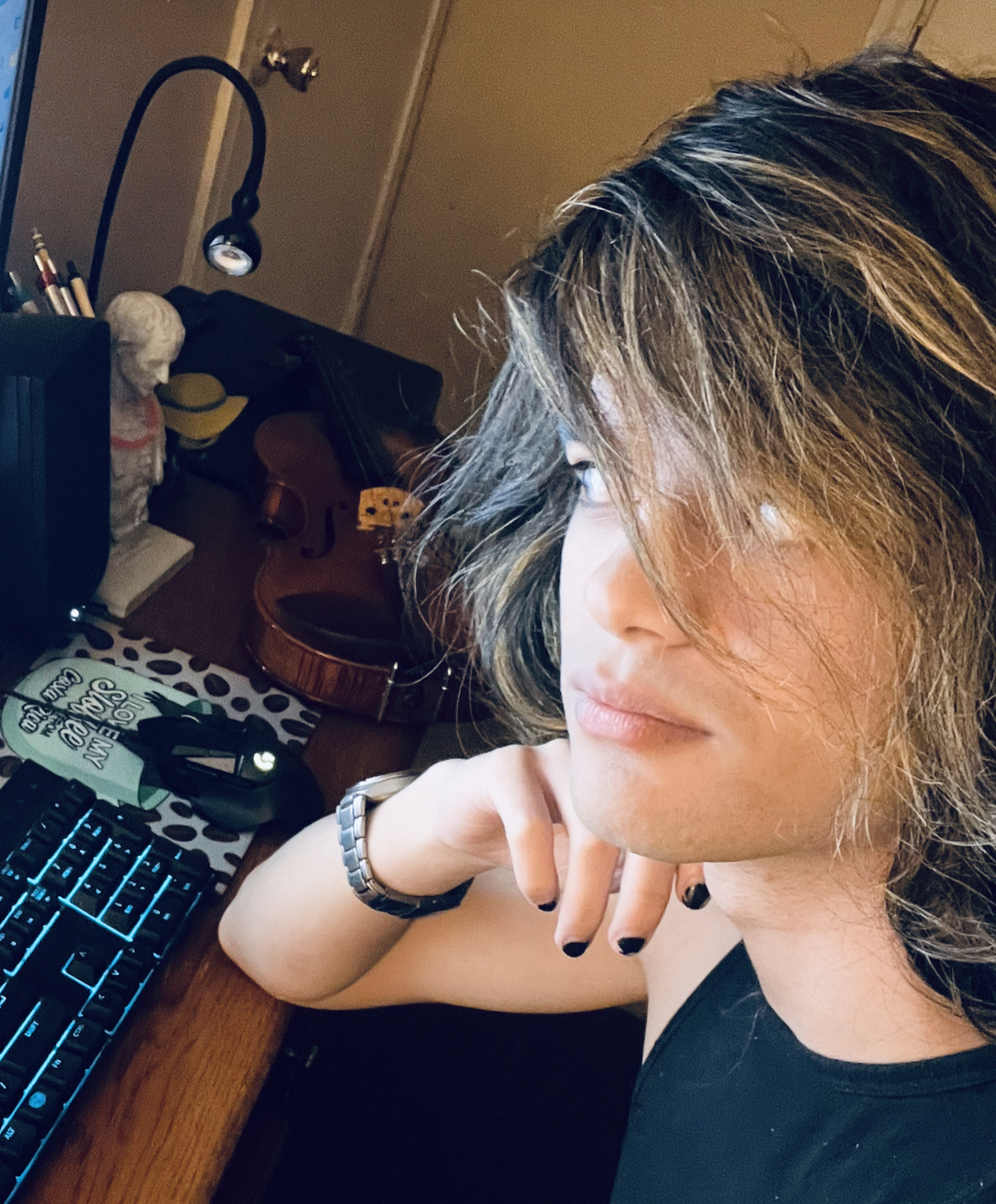
It’s 11:47 p.m. You have two quizzes, a discussion board, and a paper due at midnight. You should be finishing them like a normal, responsible human being. Instead, you and seven other people sit huddled around a game of Mario Party 8, like geniuses. All is fun and joyous, except for one critical detail: one guy just absolutely cannot shut up. Every other second, he tells everyone what they’re doing wrong, gloats about winning the minigames, and immediately blames luck when things go wrong. He also makes it excruciatingly clear that he’s been playing this game since he was 2, and it’s okay if no one else is as brilliant and dashing a Mario Partier as he is. Basically, he sucks. Unfortunately, he’s also in the lead. You watch in horror as he thoroughly trounces, out-lucks, and bullies your other friends for forty-five minutes, sure to win and learn no lesson and continue to be the least enjoyable Mario Party companion of all time. However, on the last few turns — just before the player in last place breaks down crying (because you can always tell) — the three losing players share a sharp, determined series of nods behind the tyrant’s back. Suddenly, the three former rivals band together to lay the monster low, coordinating minigames and on-the-board actions with clockwork precision and synchrony that puts the entire crowd at the edge of their seats. Despite the fact that only one player can win, they pool all of their energies into their goal, even if it means throwing one or two of them under the bus every so often. In the final moments, everyone cheers as the trio takes the victory, and the disgraced Mario Party pro hangs his head low at the epiphany of the most powerful universal truth: spite unites people to accomplish anything.
In professional wrestling, a “heel” is a person who engages the audience by being as comically unlikable as possible. Not only do they beat up the fan-favorite hero, they do so with underhanded tricks, a mischievous grin, and all the arrogant swagger of Robbie Rotten himself (rest in peace, king). Although not every horrible person in life is as exaggerated or staged as WWE heels, the idea of people coming together to triumph over someone they all hate is neither a new nor uncommon idea. In fact, linking arms with the enemies of our enemies is the driving force behind major aspects of our daily lives, even if it’s not as readily apparent as it should seem.
America’s National Churchill Museum states that Winston Churchill once remarked, “If Hitler invaded Hell, I would at least make a favorable reference to the Devil in the House of Commons.” This referred to the fact that despite Britain’s wariness of Russia at the time, both countries were able to put aside their differences to act on their mutual disapproval of the Nazi regime and fight on the same side of World War II — a concept that later bound America to the Allies, as well. Of course, various other instances of spite-driven unity occur throughout history — especially against Britain — which speaks volumes about the ancient reliability of hatred as a team-building source.
In recent years, the concept of “canceling” captures a more casual application of this phenomenon. Politicians, comedians, social media influencers, actors, and corporations go through various hoops to appeal to whatever niche corners of the internet might possibly like them, but whatever groups they manage to gain favor from pale in comparison to the universal nature of canceling. As soon as someone in the public eye is caught with less-than-favorable behavior or rhetoric, a much larger following than they’ve ever engaged with shows up to make sure everyone knows to stop liking them. While not taken seriously at first glance, the swift boycott and dissemination of information regarding canceled figures proves a strong example of how collective disdain brings legitimate economic impacts on a regular, large-scale basis.
Furthermore, the easy and frequent identification of what people don’t like gives a strong sense of collective priorities, and therefore an easier time understanding who and where is safe for certain individuals. In the case of a homophobic tweet by a UTD professor within the past year, the sudden outcry from a number of UTD’s student organizations and students reinforced the campus as a place where members of the LGBTQ+ community are safe and supported by their peers.
The grassroots unification of people with an enemy in common took place in the last presidential election as well. Liberals, leftists, and anti-Trump conservatives all managed to put aside their differences to march to the polls under one chant: “Settle for Biden.” Not only did voters gather their strength to kick Trump out of office, but Pew Research confirms a higher percentage of the population voted than has been the case in decades. In the most consequential political election in the nation, the greatest incentive for people to work together wasn’t a hope for good policy under a strong leader, but for not-completely-horrible policy under literally anyone other than Trump.
Even in media, the element of someone to hate gives the audience a closer connection to the protagonist, as well as a greater reason to stay invested in how things turn out. The classic American underdog story necessitates an overdog for the hero to beat, and popular media like Star Wars, The Boys, and The Lion King wouldn’t have the same bite without Palpatine, Homelander, and Scar. A good villain who crystallizes the ideas we demonize gives us something to root against, and the way we sympathize and bond with the protagonist and each other over this makes a work all the more satisfying when the villain loses.
Just as everyone can forget the ways in which they’re dissimilar to boo and jeer at WWE heels, the power of “screw this guy in particular” unifies people more effectively than any other motivation to work together and get things done. Although the heels in our lives and society look different and pose varying levels of legitimate threat, they give us something to work towards (or against) and remind us of a valuable common thread we have with our fellow humans. While the things we love to loathe might not always deserve to be celebrated, there’s a certain beauty in the power of friendship that comes from the power of sheer unadulterated hatred.

Comments